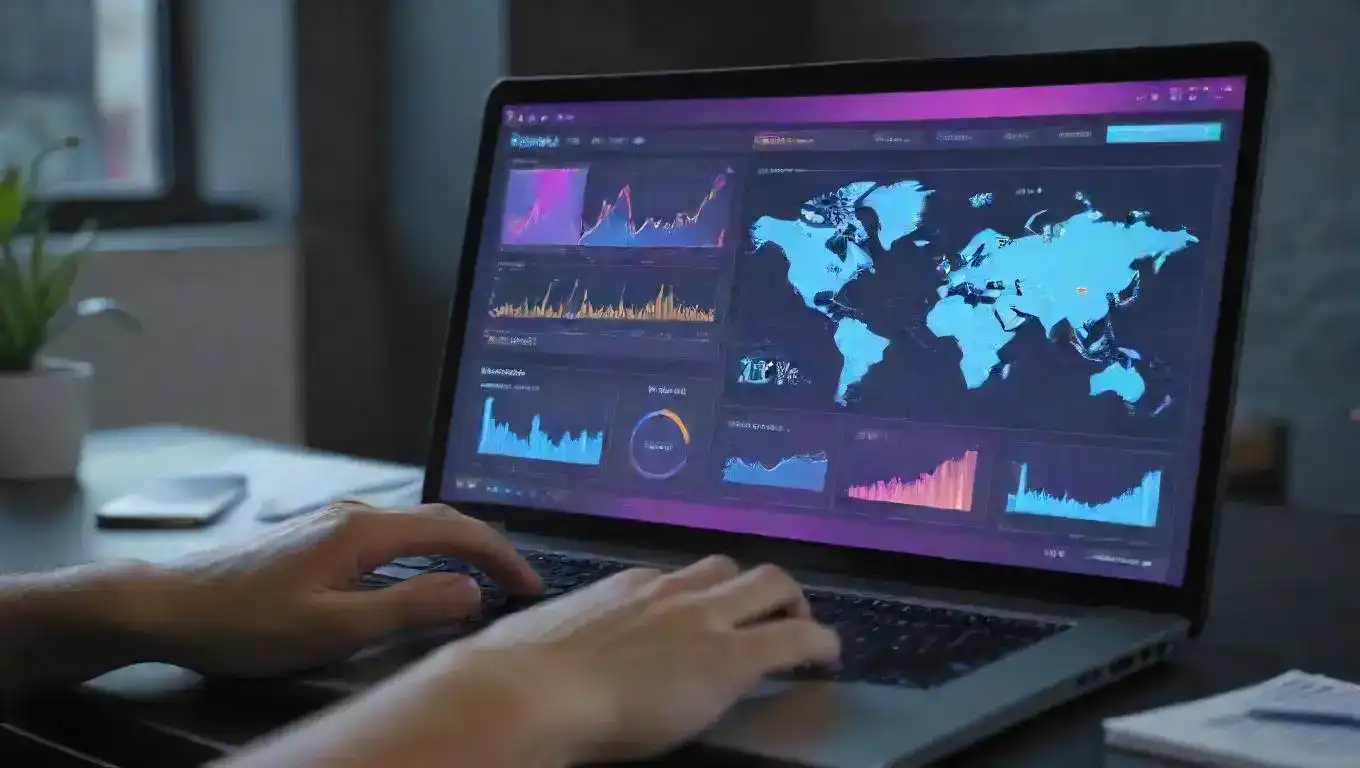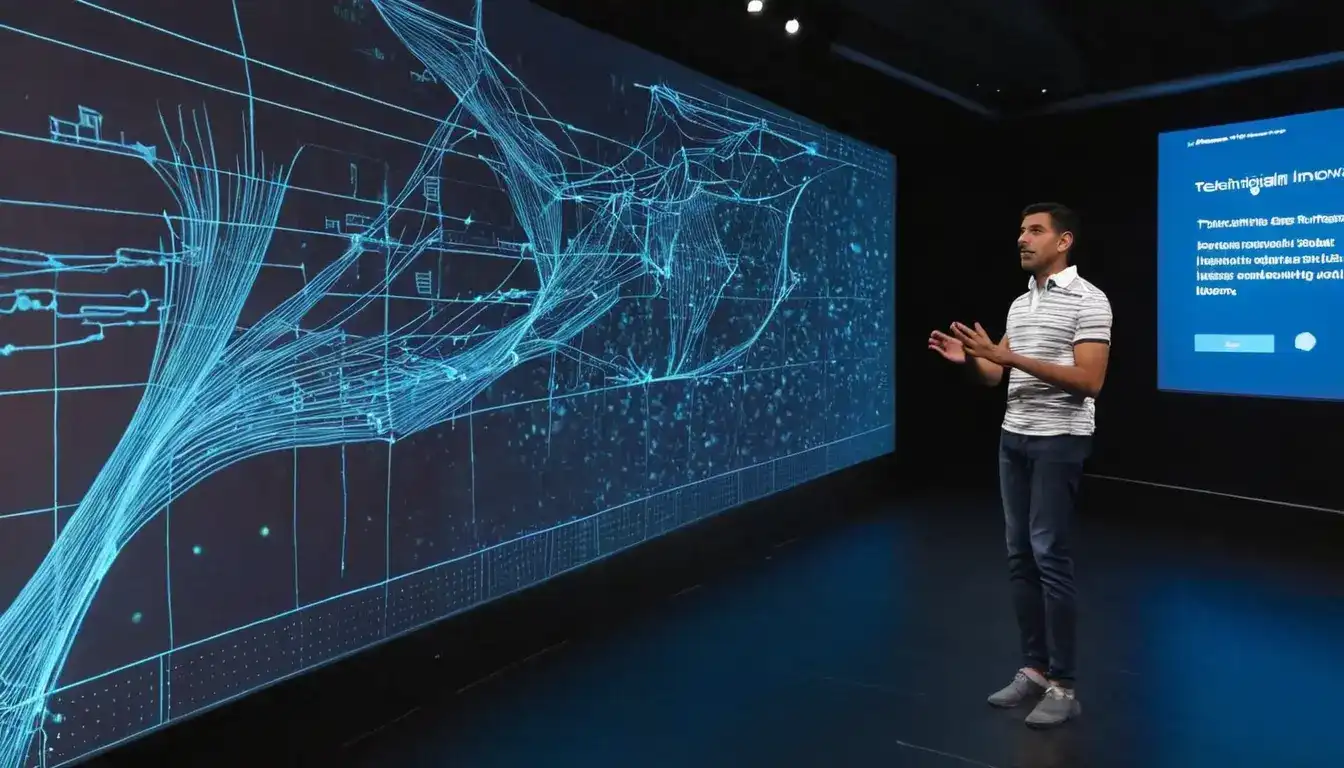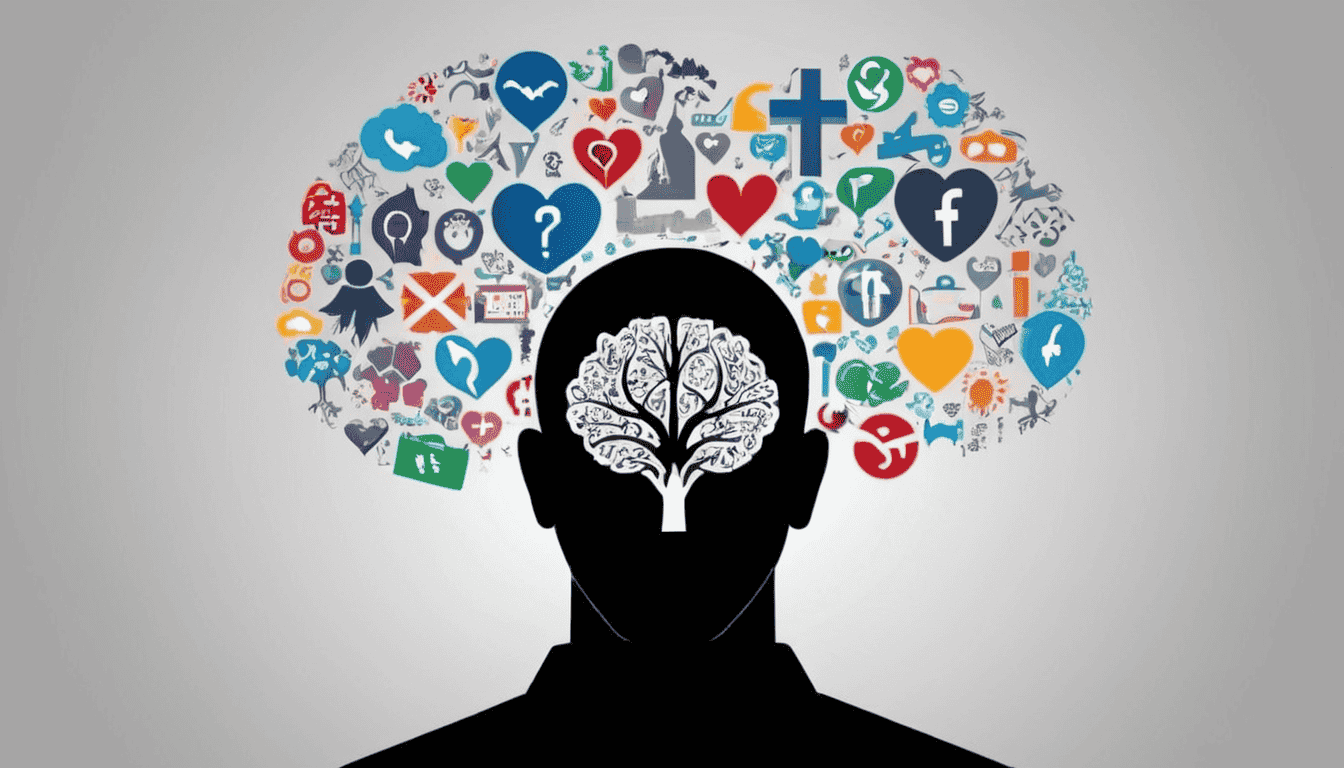AI Applications that are Changing the World Around Us
Emily Willis
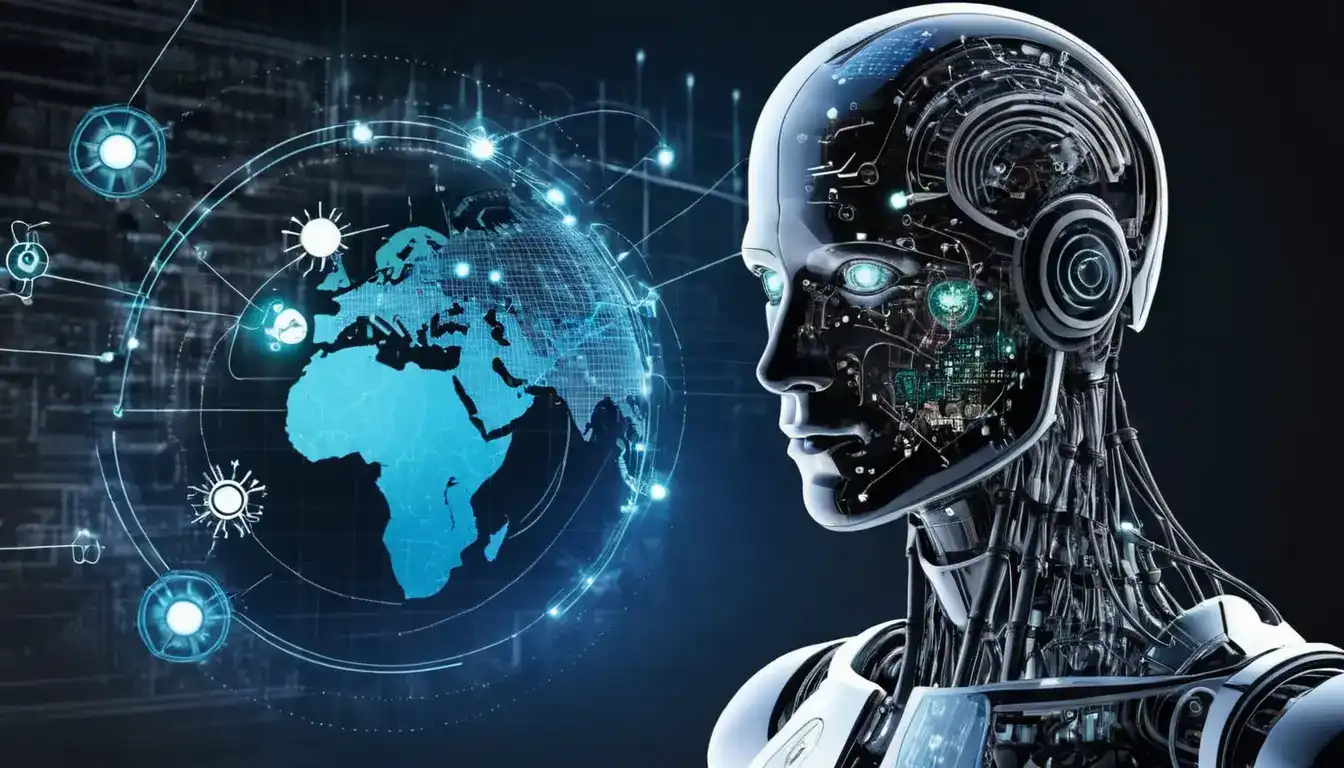
Photo: AI Applications that are Changing the World Around Us
Artificial Intelligence (AI) is no longer a sci-fi concept. It's a reality that's reshaping the world around us. From the way we communicate to how we diagnose diseases, AI is making a significant impact. Let’s explore five AI applications that are truly changing the game.
#1: Virtual Assistants – Your Personal Helper
Remember the days of dialing information directories? Those are long gone. Today, we have virtual assistants like Siri, Alexa, and Google Assistant. These AI-powered helpers are becoming indispensable parts of our lives. They can set alarms, play music, answer questions, control smart home devices, and even order groceries.
But their capabilities go beyond simple tasks. They’re constantly learning and improving. For instance, they can analyze your preferences and suggest products or services you might like. They can also learn your routines and anticipate your needs, making life more convenient. Imagine coming home to a house that's already at your preferred temperature because your virtual assistant knows your schedule.
#2: Healthcare Revolutionized – From Diagnosis to Treatment
AI is transforming the healthcare industry in countless ways. One of the most exciting applications is in medical diagnosis. AI-powered systems can analyze medical images, such as X-rays and MRIs, often with greater accuracy than humans. This can lead to earlier detection of diseases, which is crucial for successful treatment.
Moreover, AI is helping to develop new drugs. By analyzing vast amounts of data, AI can identify potential drug candidates much faster than traditional methods. This could accelerate the discovery of life-saving medications. And that's not all. AI-powered robots are assisting in surgeries, providing precision and minimizing human error.
#3: Self-Driving Cars – The Future of Transportation
Self-driving cars, or autonomous vehicles, are no longer a distant dream. Thanks to AI, these cars can perceive their surroundings, make decisions, and control the vehicle without human intervention. The potential benefits are enormous. Reduced accidents, decreased traffic congestion, and increased accessibility for people with disabilities are just a few examples.
While there are still challenges to overcome, such as ensuring safety and developing the necessary infrastructure, the progress made in recent years is impressive. It's not hard to imagine a future where owning a car is unnecessary because autonomous vehicles will be readily available for shared use.
#4: Personalized Education – Tailored Learning for Every Student
Every student learns differently. AI is helping to create educational experiences that cater to individual needs. Intelligent tutoring systems can adapt to a student's pace and learning style, providing personalized support.
AI can also analyze vast amounts of data to identify patterns in student performance. This information can be used to predict which students might struggle and to intervene early. Additionally, AI-powered tools can automate administrative tasks, freeing up teachers to focus on what they do best – inspiring and guiding students.
#5: Climate Change Solutions – Harnessing AI for a Greener Planet
Climate change is one of the biggest challenges facing humanity. AI is playing a crucial role in developing solutions. For example, AI can analyze climate data to predict extreme weather events, helping communities prepare and respond effectively.
Additionally, AI is being used to optimize energy consumption in homes and businesses, reducing carbon emissions. From smart thermostats to energy-efficient buildings, AI is making a difference. And let's not forget about agriculture. AI-powered systems can analyze soil conditions, weather patterns, and crop health to optimize farming practices, increasing yields while minimizing environmental impact.
#6: Enhanced Customer Experience – Personalized Interactions
Businesses are constantly striving to provide exceptional customer experiences. AI is a powerful tool in achieving this goal. Chatbots powered by AI can handle customer inquiries efficiently and provide personalized recommendations. They can also analyze customer data to identify preferences and behaviors, allowing businesses to tailor their offerings accordingly.
Moreover, AI is revolutionizing marketing. By analyzing customer data, businesses can create highly targeted advertising campaigns. This not only increases the chances of conversion but also improves customer satisfaction by showing them products and services they genuinely want.
#7: Financial Services – Fraud Prevention and Personalized Investing
The financial industry is heavily reliant on data, and AI is helping to make sense of it all. Fraud detection is one area where AI is making a significant impact. By analyzing vast amounts of transaction data, AI can identify suspicious patterns and prevent fraudulent activities.
AI is also transforming the way we invest. Robo-advisors, powered by AI, can create personalized investment portfolios based on an individual's risk tolerance and financial goals. These automated platforms offer affordable investment advice, making it accessible to a wider range of people.
#8: Agriculture – Optimizing Food Production
AI is playing a crucial role in addressing the global food crisis. By analyzing data on weather patterns, soil conditions, and crop health, AI can help farmers optimize their yields. Drones equipped with AI can monitor crops for diseases and pests, allowing for early intervention.
Precision agriculture, powered by AI, enables farmers to use resources more efficiently. For example, AI can determine the optimal amount of water and fertilizer needed for each plant, reducing waste and environmental impact.
#9: Environmental Conservation – Protecting Our Planet
AI is being used to develop innovative solutions to environmental challenges. For instance, AI-powered systems can analyze satellite imagery to monitor deforestation and track wildlife populations. This data is essential for conservation efforts and protecting endangered species.
Additionally, AI can help optimize renewable energy systems. By analyzing weather data and energy consumption patterns, AI can improve the efficiency of solar and wind power plants. This contributes to a cleaner and more sustainable future.
#10: The Creative Industries – AI as a Tool for Artists
AI is often seen as a threat to human creativity, but in reality, it can be a powerful tool for artists and designers. AI-powered algorithms can generate new ideas, create visual art, and even compose music. While AI cannot replace human ingenuity, it can augment it, allowing artists to explore new possibilities and push the boundaries of creativity.
For example, AI can be used to analyze vast amounts of data to identify trends and consumer preferences, helping designers create products that resonate with their target audience.
Conclusion
The examples provided above are just a glimpse into the vast potential of AI. As technology continues to advance, we can expect to see even more innovative and transformative applications emerge. While it's essential to address the challenges and ethical implications associated with AI, there's no doubt that it has the power to shape a better future for humanity.
Latest ✨
View AllDiscover the essential qualities required to become a successful leader, from integrity and empathy to communication and adaptability. Learn how to develop these traits to inspire and motivate your team
Emily Willis
top digital marketing trends for 2024, including the rise of AI, the importance of user experience, video marketing dominance, influencer marketing, privacy and data security, sustainability and ethical marketing, and emerging trends like AR/VR, metaverse marketing, blockchain, and NFTs. Specific strategies are provided for leveraging AI for personalized customer experiences, enhancing user experience for mobile users, creating engaging video content, building authentic influencer partnerships, prioritizing data privacy and security, integrating sustainability and ethical practices.
Emily Willis
Europe is full of rich culture, with ten cities offering enriching cultural experiences. From the romance of Paris to the splendor of Rome and the artistic flair of Barcelona, each city has its own unique charm and heritage.
Emily Willis
Proper nutrition is essential for optimal brain function during exams. Foods rich in complex carbohydrates, lean protein, healthy fats, and hydration can help maintain energy levels and focus. Smart snack options during exams include fresh fruits, vegetables with hummus, trail mix, yogurt with granola, and dark chocolate.
Emily Willis
Business
View All
August 4, 2024
Building a Consistent and Inspiring Personal Brand Through Online PlatformsIn today's digital age, it is important to establish a strong personal brand in order to stand out in a competitive landscape. This can be done by following practical steps such as defining your brand identity, identifying your target audience, creating a compelling online presence, crafting quality content, engaging with your audience, leveraging social media effectively, networking and collaborating, monitoring and adapting, showcasing your authenticity, and seeking professional guidance if needed. Building a personal brand requires dedication, authenticity, and strategic planning, but it can lead to a memorable and influential brand that resonates with others in the digital world.
Emily Willis

August 4, 2024
Strategies for Effective Business Growth in a Competitive Marketimportance of strategic planning, innovation, and understanding market dynamics for businesses to achieve sustainable growth in a competitive market. It covers strategies such as customer focus, innovation, marketing, partnerships, financial management, technology, employee engagement, and sustainability.
Emily Willis
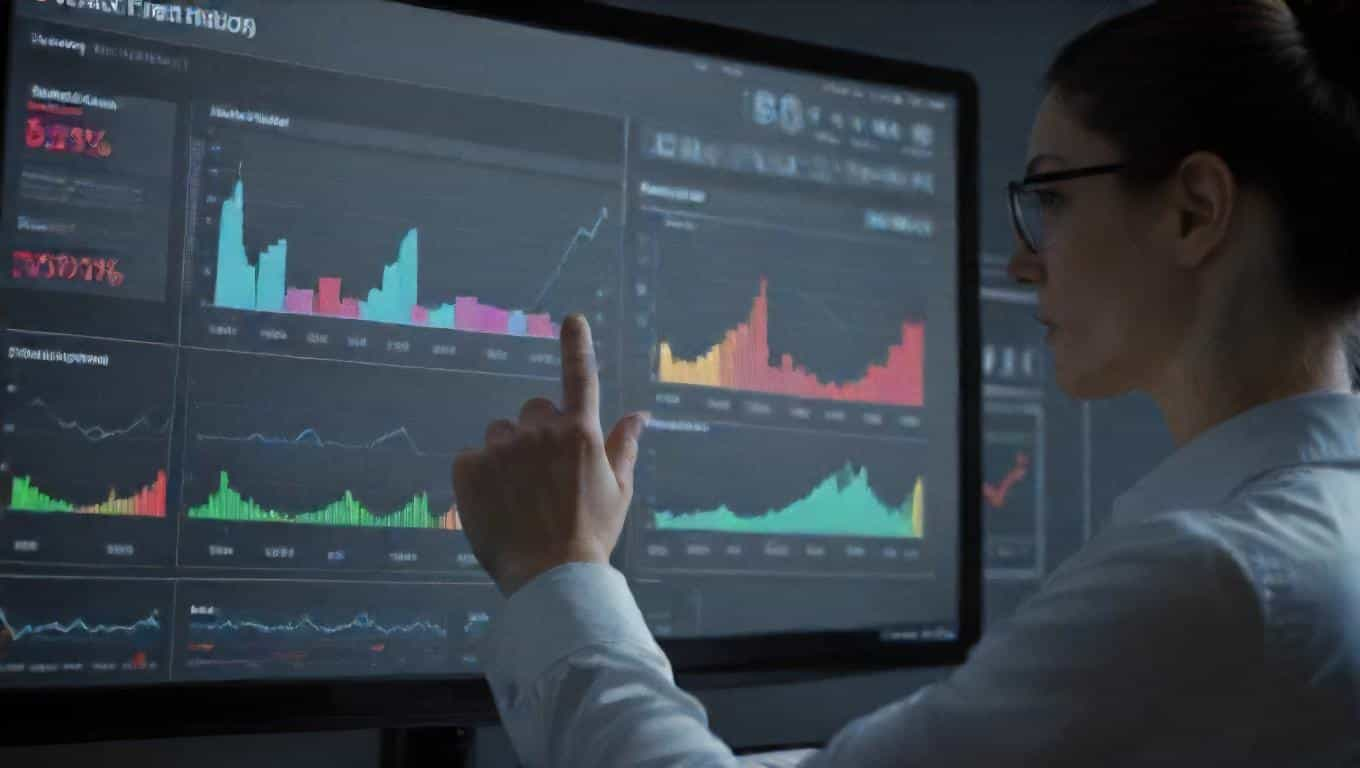
August 5, 2024
Tips for Choosing the Right Investment Product for Your Needsprovides guidance on investing money, starting with understanding financial goals and risk tolerance. It explains different investment options such as stocks, bonds, mutual funds, ETFs, real estate, and retirement accounts, and emphasizes the importance of diversification.
Emily Willis
Economy
View Allimpact of inflation on households and businesses, outlining the causes and consequences of rising prices. It provides strategies for both households and businesses to cope with inflation, such as budgeting, seeking deals, and negotiating with suppliers. The importance of collaboration and communication between governments, businesses, and consumers is emphasized, along with the need for long-term investments in infrastructure, skills development, and sustainable practices.
Read MoreGlobalization has a profound impact on the economies of developing countries, offering both opportunities and challenges. By increasing access to markets, facilitating technology transfer, creating jobs, and promoting cultural exchange, globalization can drive economic growth and development. However, addressing the challenges of economic inequality, loss of domestic industries, environmental impact, and cultural homogenization is essential to ensure sustainable and inclusive growth. By adopting strategic measures and fostering international cooperation, developing countries can maximize the benefits of globalization and build a brighter future
Read MoreThe digital economy has the potential to bring economic growth and innovation to developing countries, but there are several challenges that need to be addressed. These challenges include inadequate digital infrastructure, a digital divide that exacerbates inequalities, complex and outdated regulatory frameworks, cybersecurity risks, and limited access to financial services. However, there are opportunities for enhancing financial inclusion and economic growth. These opportunities include mobile and digital payments, implementing digital identification systems, e-commerce and market access, digital skills development, and public-private partnerships. By addressing these challenges and embracing the digital revolution, developing countries can unlock new opportunities for economic empowerment and inclusive growth.
Read MoreEntertainment
View All
August 5, 2024
Entertainment in Society: Social Impact, Cultural Influence, Economic ContributionsEntertainment is more than just a way to pass the time it has a significant impact on society, culture, and the economy. It promotes empathy, sparks conversations, and drives social change. It reflects and shapes cultural trends, while also preserving traditions. The entertainment industry generates jobs, contributes to economic growth, and drives technological innovation.
Emily Willis

August 4, 2024
Virtual Music Concerts: The Future of Live Performance?The music industry has seen significant changes in recent years, with virtual music concerts becoming a popular trend, especially due to the impact of the COVID-19 pandemic. Technological advancements have made virtual concerts more accessible and cost-effective, while also reducing the environmental impact of live events. However, challenges such as technical issues and the lack of physical presence remain. The future of virtual concerts may involve hybrid models that combine virtual and physical experiences, as well as continued technological innovation to enhance the quality of virtual performances. Building a sense of community and engagement will also be crucial for the success of virtual concerts moving forward.
Emily Willis

August 4, 2024
The Evolution of Streaming Services Such as Netflix, Disney+, Hulu, and the Implications for the Traditional Entertainment IndustryThe rise of streaming services has revolutionized the entertainment industry, offering on-demand access to a vast library of content through internet-connected devices. Platforms like Netflix, Disney+, and Hulu have diversified their content libraries, reshaped consumer behavior, and challenged traditional distribution models. Technological advancements have enhanced streaming experiences, while economic and cultural implications have led to global market expansion and increased investment in original content production. The future of the streaming industry will be shaped by competition, convergence of media and technology, and the need for adaptation to changing consumer preferences. Embracing digital transformation and strategic partnerships will be crucial for stakeholders in navigating the evolving landscape of modern entertainment.
Emily Willis
Health
View Allmaintaining good health and well-being through nutritional choices. A balanced diet, incorporating whole foods, staying hydrated, consuming nutrient-dense foods, managing portion sizes, practicing mindful eating, eating regular meals and snacks, considering supplements, and adopting sustainable eating practices are all highlighted as effective strategies for enhancing overall.
Emily Willis
Preventive healthcare focuses on strategies to prevent disease and maintain well-being, rather than just treating illnesses after they arise. It helps identify risk factors early on, allowing for interventions that can prevent or delay the onset of chronic diseases.
Emily Willis
significance of mental health awareness in today's fast-paced world. It discusses the importance of understanding mental health, breaking down stigma, and promoting positive mental health practices.
Emily Willis
Trending 🔥
View All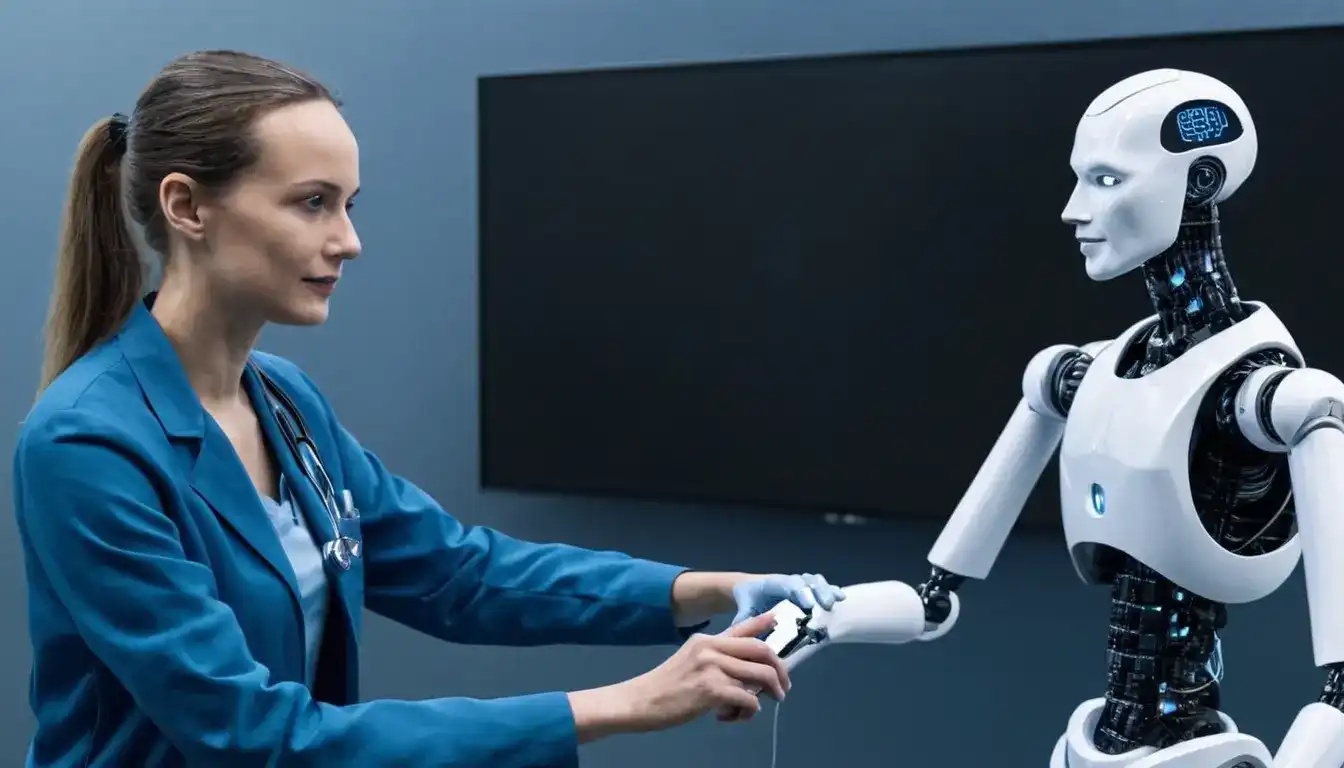
1
2
3
4
5
6
7
8
10
Lifestyle


Sports
View AllAugust 5, 2024
Sports for Social Good: Promoting Diversity, Inclusion, and Community Engagement
Read MoreTechnology
View All
August 5, 2024
Top Unity Software Development Trends to Watch in 2024
Explore the top Unity software development trends that will shape the gaming industry in 2024. From AI integration to VR/AR immersion, cross-platform reach, cloud collaboration, and mobile gaming, Unity is revolutionizing gaming experiences. Stay ahead in the dynamic world of game development with these insights.

August 4, 2024
Amidst Economic Uncertainty, Businesses Adapt and Innovate for Survival
The business world can be unpredictable, but companies can thrive by embracing adaptation and innovation. Understanding market trends, economic indicators, and global factors is crucial for charting a successful course.

August 5, 2024
The Future of Blockchain and Its Impact on Society
Blockchain technology, originally developed for cryptocurrencies like Bitcoin, has evolved into a versatile tool with the potential to revolutionize various industries beyond finance. Its decentralized and transparent nature offers solutions to challenges faced by societies worldwide. Blockchain's impact on society is poised to be transformative across multiple domains, including enhanced security, data integrity, decentralization, supply chain transparency, digital identity, and financial inclusion.

August 5, 2024
Oculus Quest 2 vs HTC Vive Pro – Which Should You Choose?
Oculus Quest 2 vs HTC Vive Pro – which VR headset reigns supreme? Dive into this ultimate showdown to discover the strengths and weaknesses of each, and decide which one is worth your investment. From specs and comfort to content and price, we'll help you make an informed choice.

